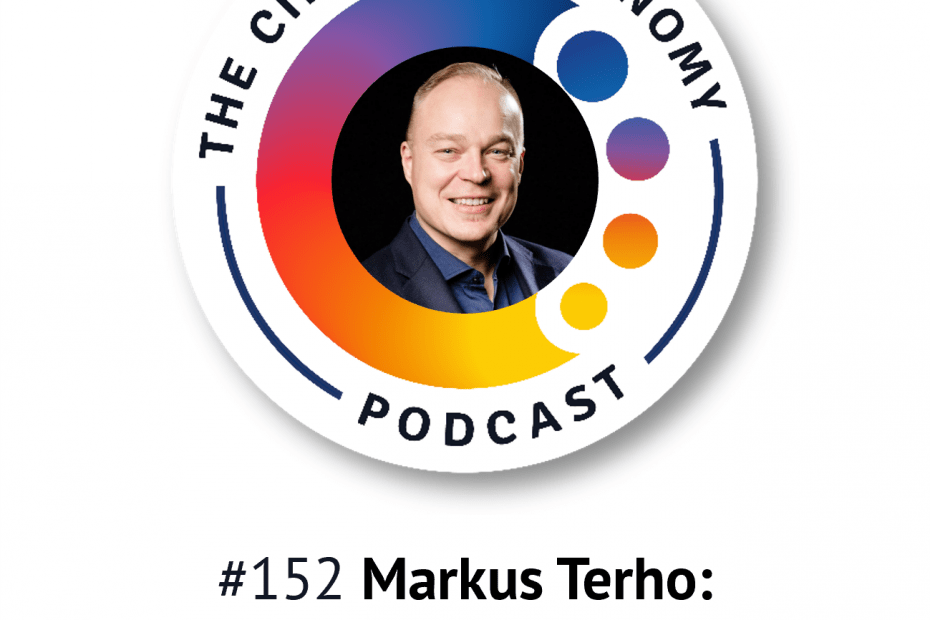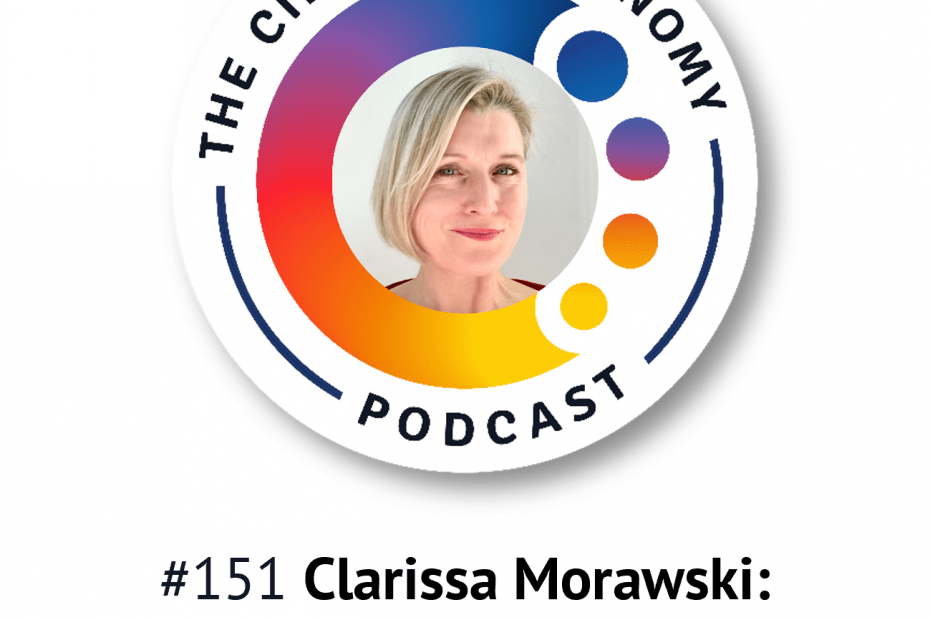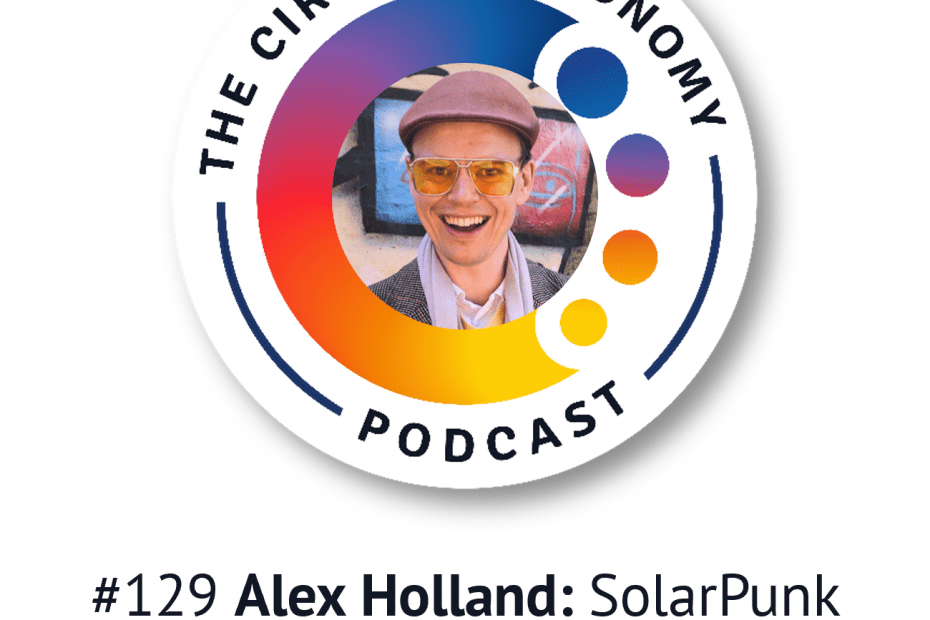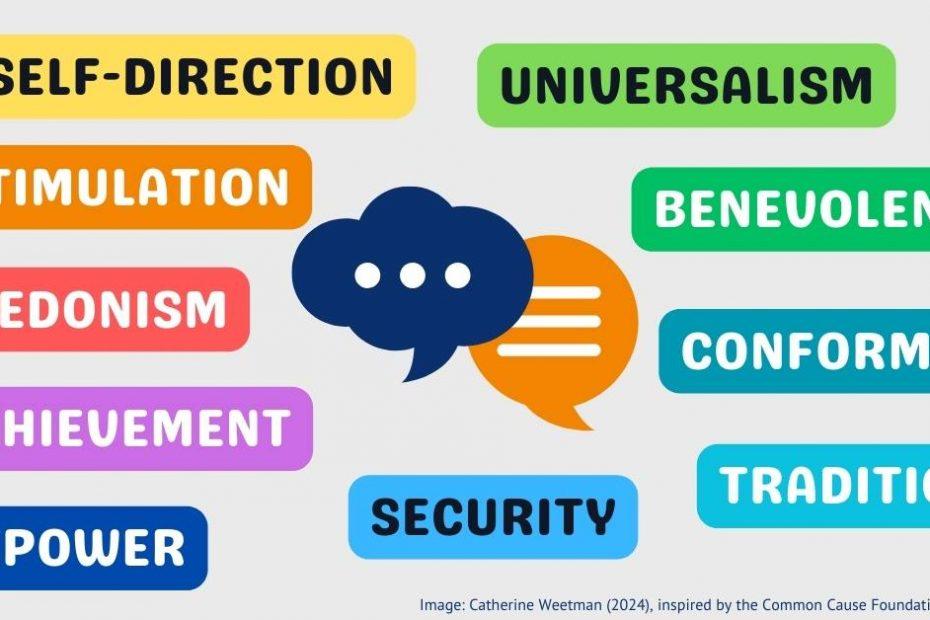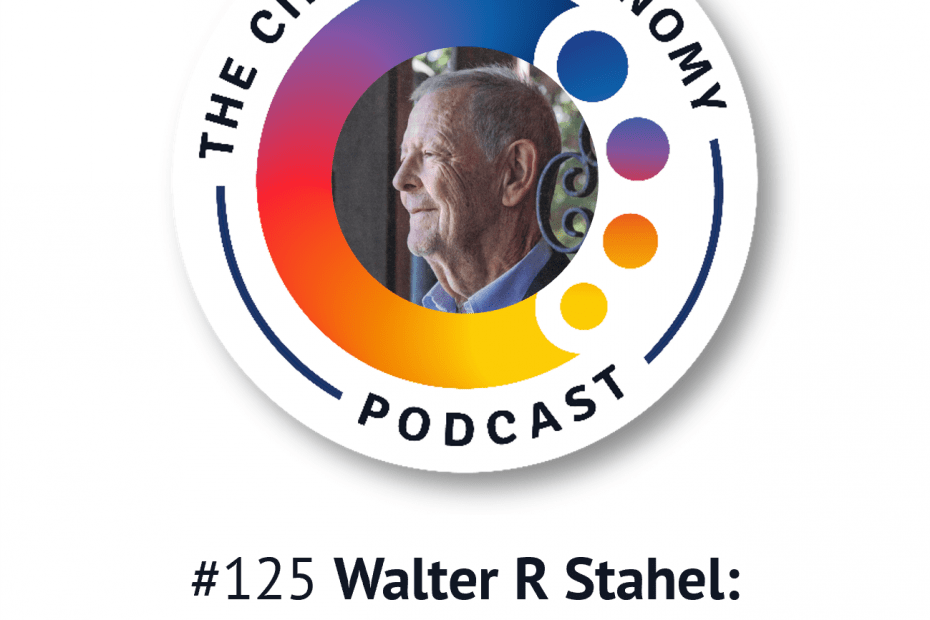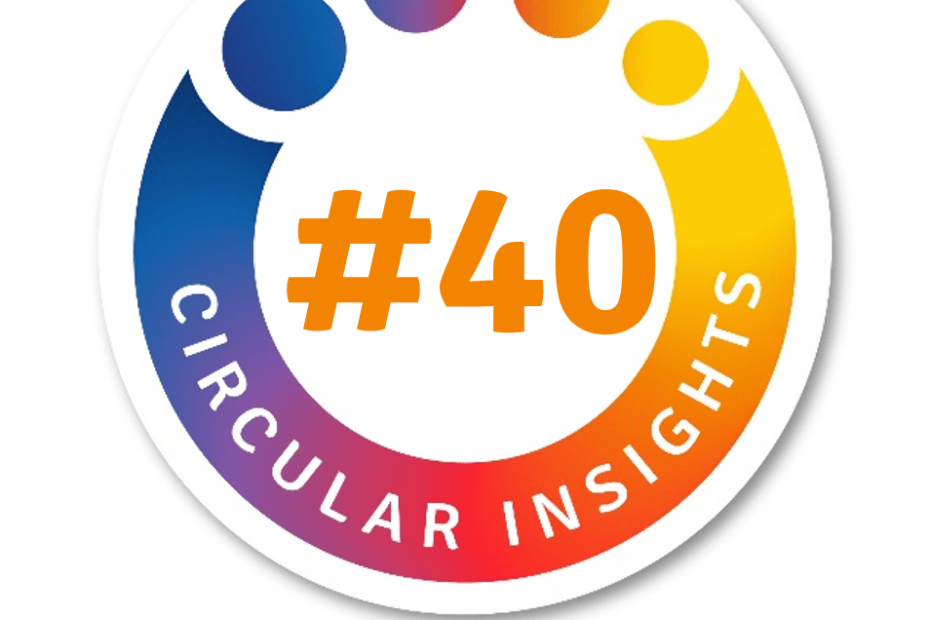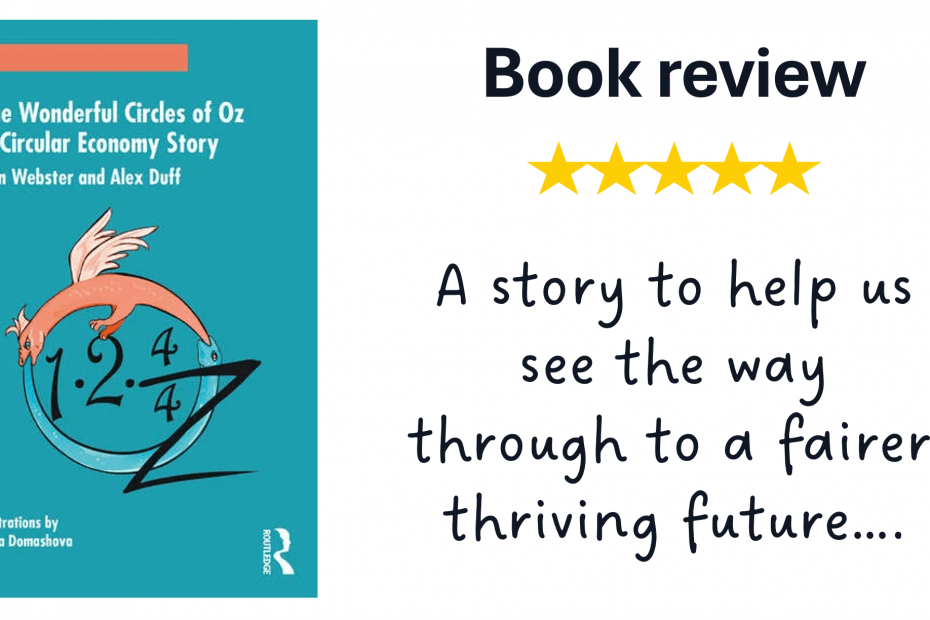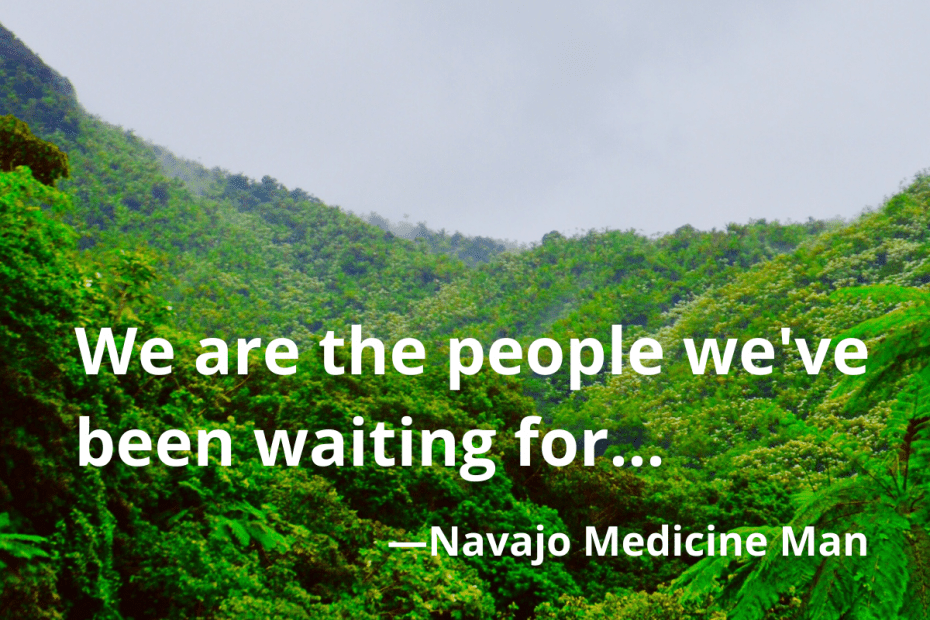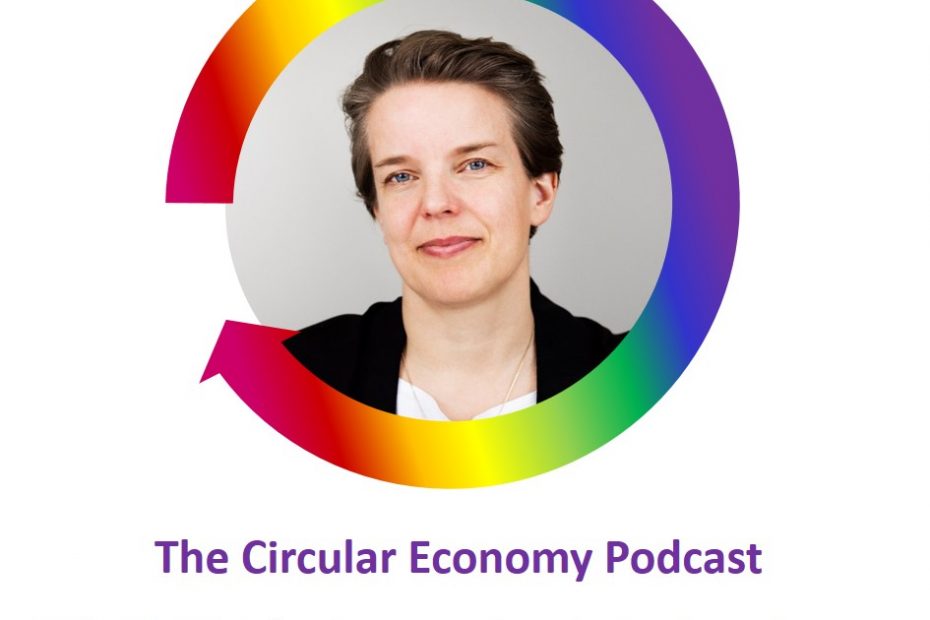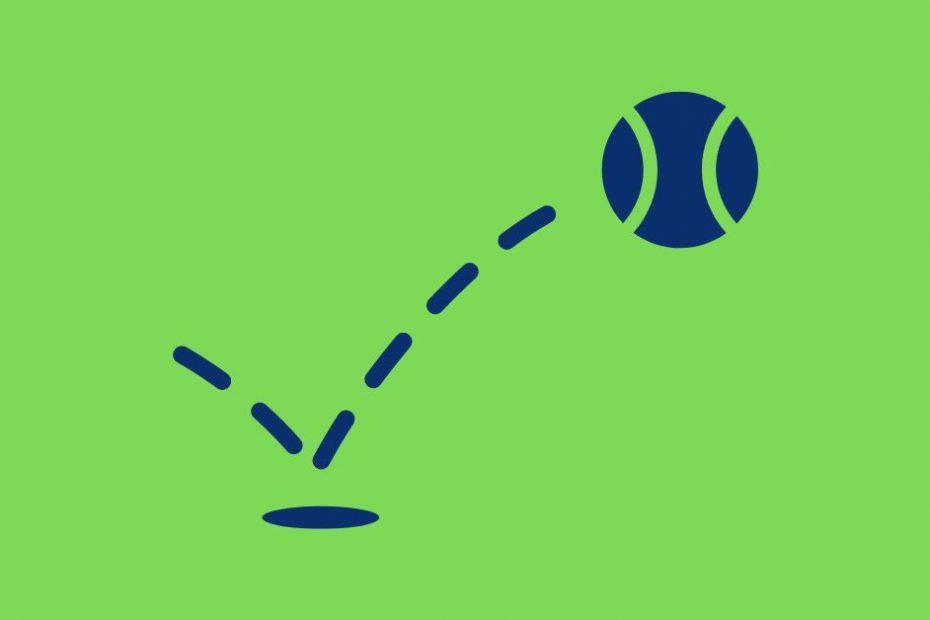152 Markus Terho: the Lifestyle Test
Markus Terho tells us about the Lifestyle Test, a web-based app for anyone who’s concerned about global warming and wants to be a part of the solution by adopting a positive and sustainable lifestyle. It’s already available in 10 countries across the EU and has 350,000 users.
Markus describes himself as a corporate responsibility veteran, with over three decades in the industry. He is the CEO of Sparkter, a boutique sustainability consultancy to help simplify and make sense of sustainability. Before that, Markus was the chief sustainability officer at Nokia and has been a director at the Finnish Innovation Fund Sitra.
Markus is passionate about helping people to find their own way to build a good life that is also sustainable.
Almost 70 per cent of Europe’s climate emissions and almost all of the damage to nature can be traced back to people’s everyday lives – how we eat, live, move around and consume. In less than 10 minutes, The Lifestyle Test gives you clear and tailored tips about simple positive and sustainable lifestyle changes that can help you save time and money and improve your quality of life.
Markus explains how the test was first developed and how it’s evolved since, and explains some of the ways it’s been shaped for each different country it’s in. He goes onto explain what kind of things it covers and how it works from a user’s perspective, including the high proportion of circular economy suggested actions.
Markus highlights the way conversations about climate often result in feelings of guilt and shame, and how the app is designed to help us feel we have agency, with some insights from well-established models for successful behaviour change.
And we hear what’s in the pipeline for future developments, including ways to link more sustainable behaviours to other primary motivators, such as health or convenience.
